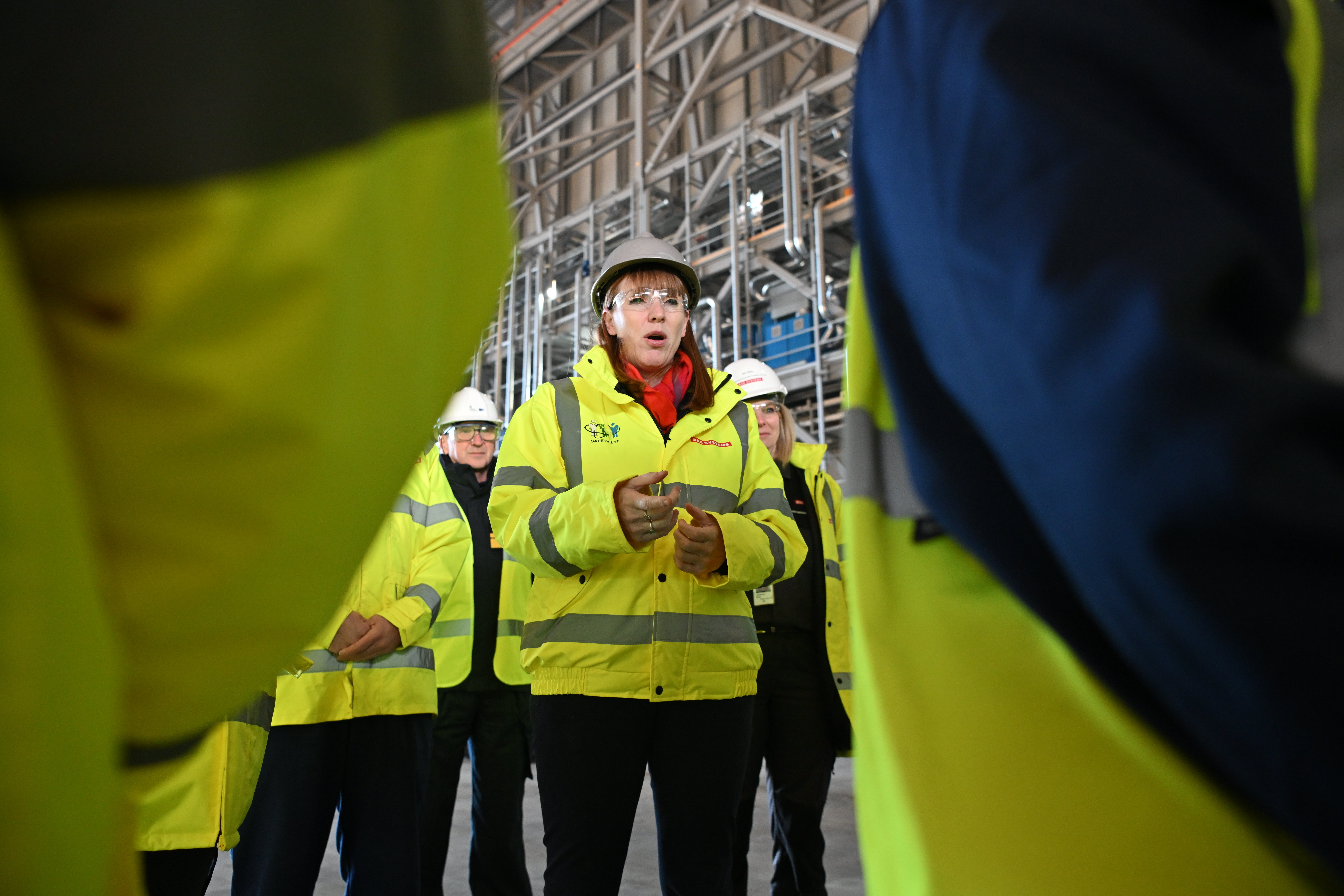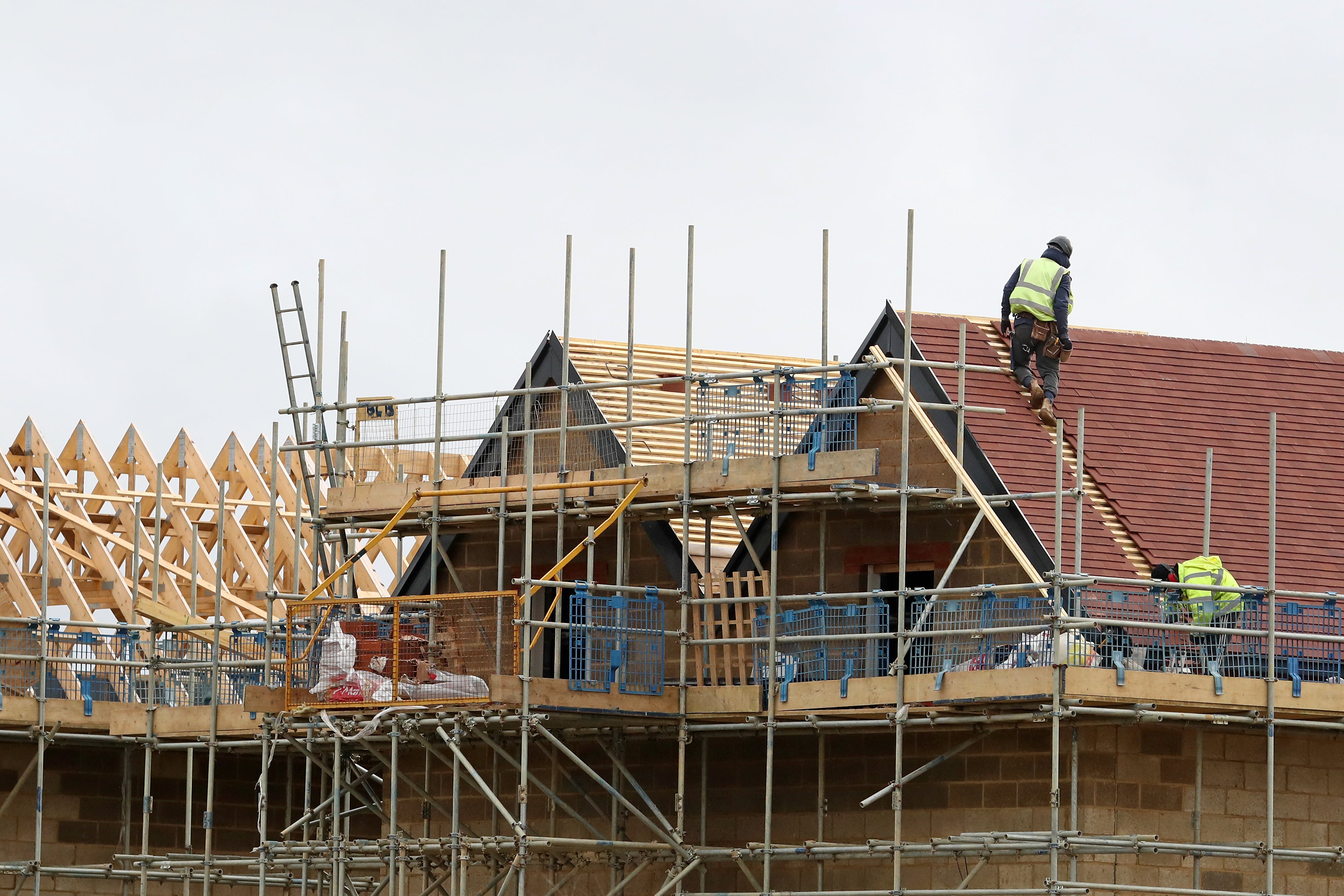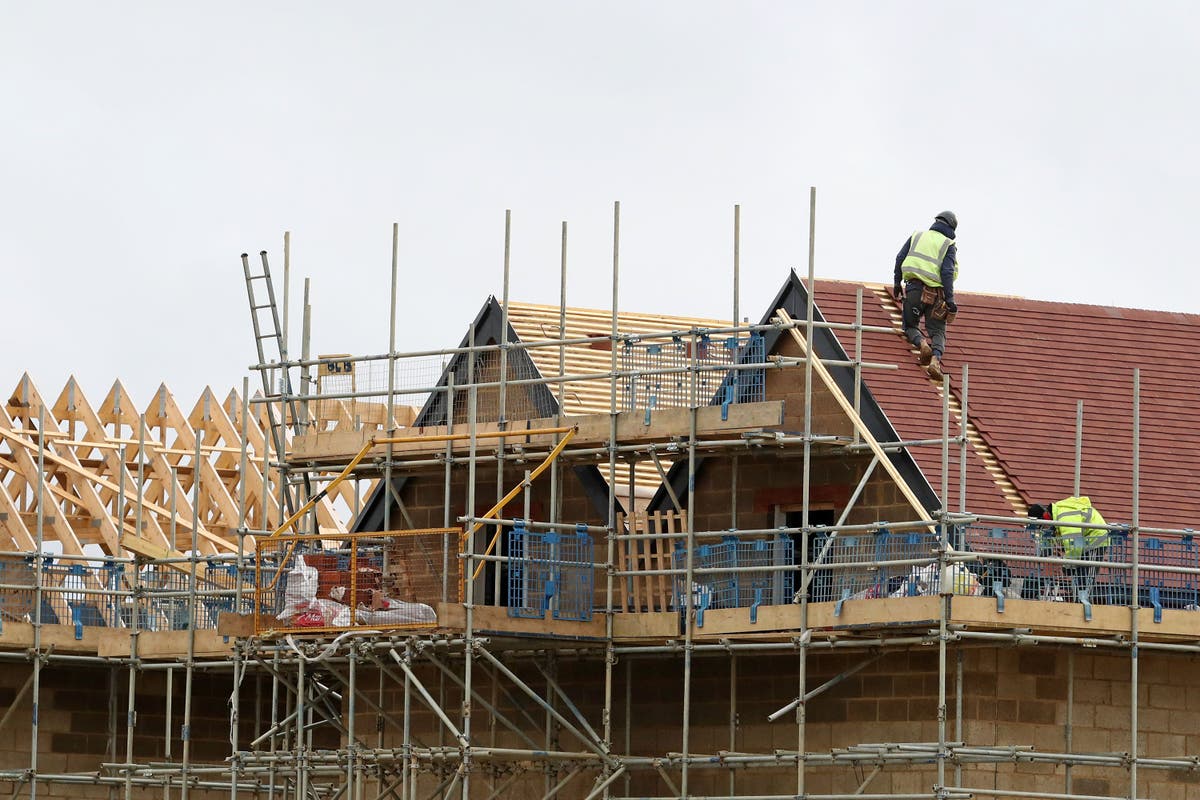Nearly three-quarters of local authorities expect to abandon, pause or delay current council housing projects due to struggling finances in a blow to Labour’s desired large-scale building plans.
Most councils will struggle to deliver new social housing at scale as their budgets are on the “brink of collapse”, according to research which suggests the government’s “council housing revolution” may be in jeopardy.
A survey found two-thirds of 76 councils managing more than 870,000 homes said the viability of their dedicated budgets are under threat, with a risk many will not be able to balance the books by the end of the decade.
The research, commissioned by Southwark Council, showed 71 per cent were expecting to stop current council housing projects and 68 per cent would scale back commitments to redevelop or build new homes.

Angela Rayner, deputy prime minister and housing secretary, has said that she wants to see “the biggest wave of council housing in a generation”.
Boosting the supply of council and social housing is also a key element of Labour’s pledge to deliver 1.5 million new homes, which is equivalent to nearly 400,000 new homes a year.
Ms Rayner has described the aim as a personal mission, telling social housing leaders in November that she has “skin in the game”.
“I haven’t got to where I am today in spite of coming from a council house, but because of it,” she added.
However, her plans need local authorities to build affordable council homes at scale.
The Southwark survey found 28 per cent of councils said they are likely to sell council homes in a bid to secure financial stability, with 67 per cent confirming that, under current circumstances, there is a high risk they will not be able to set a balanced budget by 2029.

According to the new report, 93 per cent of councils’ housing budgets are showing signs of financial stress, with these councils taking or expecting to take “substantial action” – including tapping into emergency funds.
In total, 61 per cent of councils have already cancelled, paused or delayed house building projects, while more than a third have cut back on repairs and maintenance of council homes.
Kieron Williams, Southwark’s Labour leader, said: “The government’s ambition to build 1.5 million new homes is critical to ending the housing crisis and council housing must play a central role in this effort.
“However, without significant further action councils will be unable to build at scale and unable to bring existing homes up to green and decent standards fit for the future.”
Last year, 100 councils including Southwark called for an emergency injection of £644m from the government to stabilise their housing accounts and prevent investment in new homes being delayed or cancelled.
They warned that the financial model for council housing finances is “broken”, with a £2.2bn “black hole” in councils’ dedicated budgets expected by 2028.

The authorities collectively called for a “sustainable” self-financing deal which addresses “unsustainable debt”.
They also highlighted the need for a long-term capital investment to modernise the social housing stock and funding for new council homes which reflects the costs involved.
Mr Williams added: “The government’s fast implementation of many of our report’s recommendations – including Right to Buy reforms and a new social rent settlement – gives us hope for the future of council housing.
“Like many councils, we have had to pause our ambitious home-building programme on a number of sites and our Housing Revenue Account is now under intense strain.”
A Ministry of Housing, Communities and Local Government spokesperson said: “The upcoming government housing strategy presents a major opportunity to give council landlords the headroom and the confidence to invest in the homes our country needs – addressing the scourge of homelessness and unlocking growth, jobs and security across the country.”
“This government will deliver 1.5 million homes as part of our Plan for Change including the biggest social housing boost in a generation, and we will work with councils to achieve this.
“We know that local government has suffered from years of short-term decisions, which is why we have already set out important steps to help them deliver the homes we need.
“That includes overdue reforms to the Right to Buy scheme and an extra £500 million for the Affordable Homes Programme, and we will soon set out further measures.”
The proportion of housing for affordable or social rent in England declined from around 20 per cent in 2000 to 16 per cent in 2023 at a time of rising demand.



























+ There are no comments
Add yours